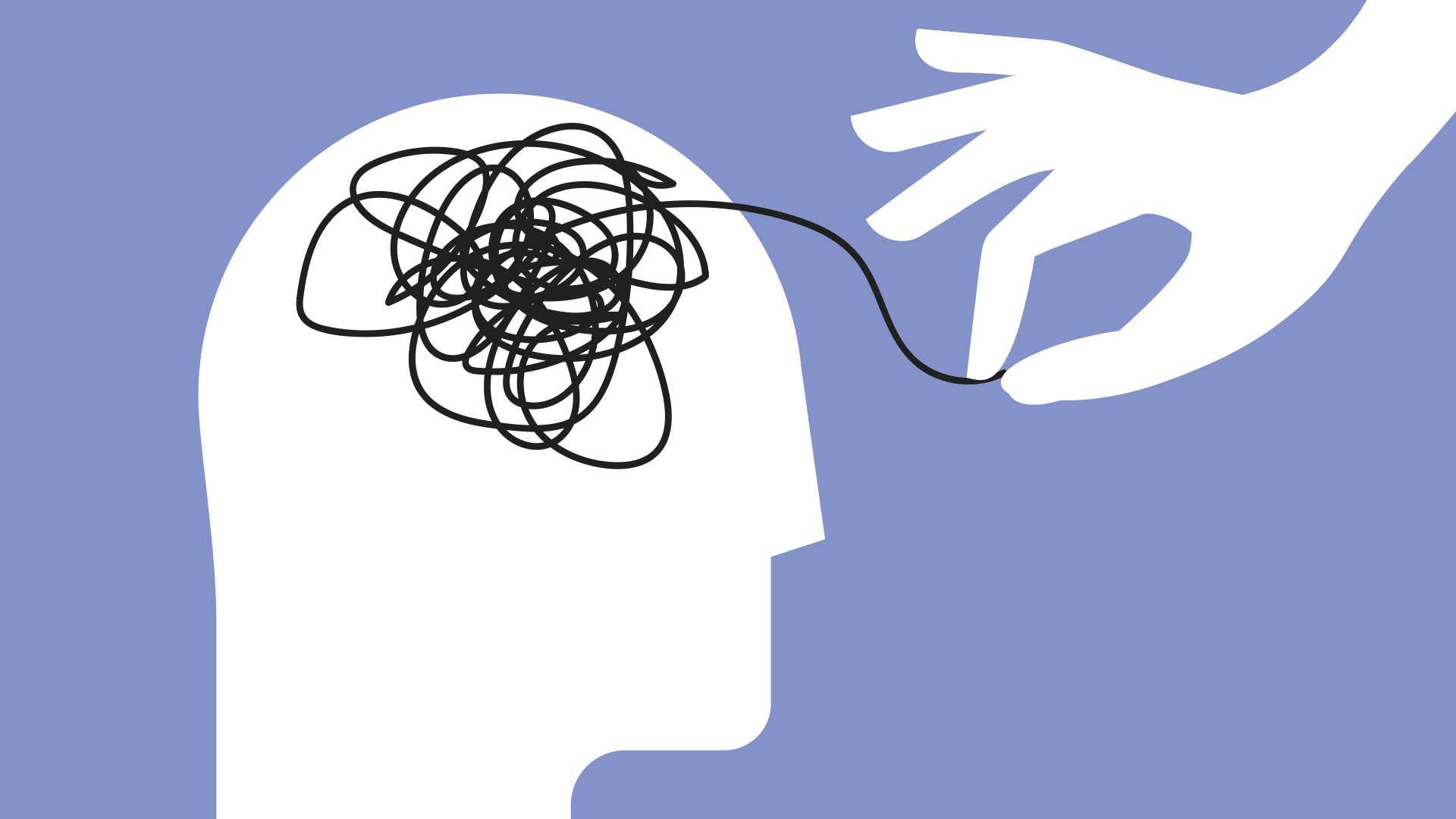
New Hope for Post-Stroke Depression Treatment: Evaluating and optimising a promising brain-based therapy
University of South Australia 2021-22
Researchers: Dr Brenton Hordacre, Professor Susan Hillier, Dr Anson Chau have
Post-stroke depression is a common condition that has negative consequences for stroke recovery and health outcomes in general. Approximately 50% of the 80 million stroke survivors globally experience post-stroke depression. While treatments are available, such as pharmacological anti-depressants, they are often troubled by several side effects and poor treatment adherence.
Repetitive transcranial magnetic stimulation (rTMS) is a safe and promising treatment that increases brain activity with electromagnetic pulses. By changing neural activity in the brain, it can improve depression. However, translating this therapy to post-stroke depression is challenging. Most notably, stroke changes brain structure and integrity, possibly affecting the ability of rTMS to modify neural activity. The question, therefore, is: does this treatment still work in people with stroke, and if so, does it matter where the stroke is in the brain?
Therefore, the purpose of this study was to identify whether the presence of a lesion after stroke might modify the clinical response to rTMS treatment for post-stroke depression.
This study was important as it might help us better understand how rTMS works to improve post-stroke depression and may allow us to better target this treatment to ensure people achieve best possible care.
.

